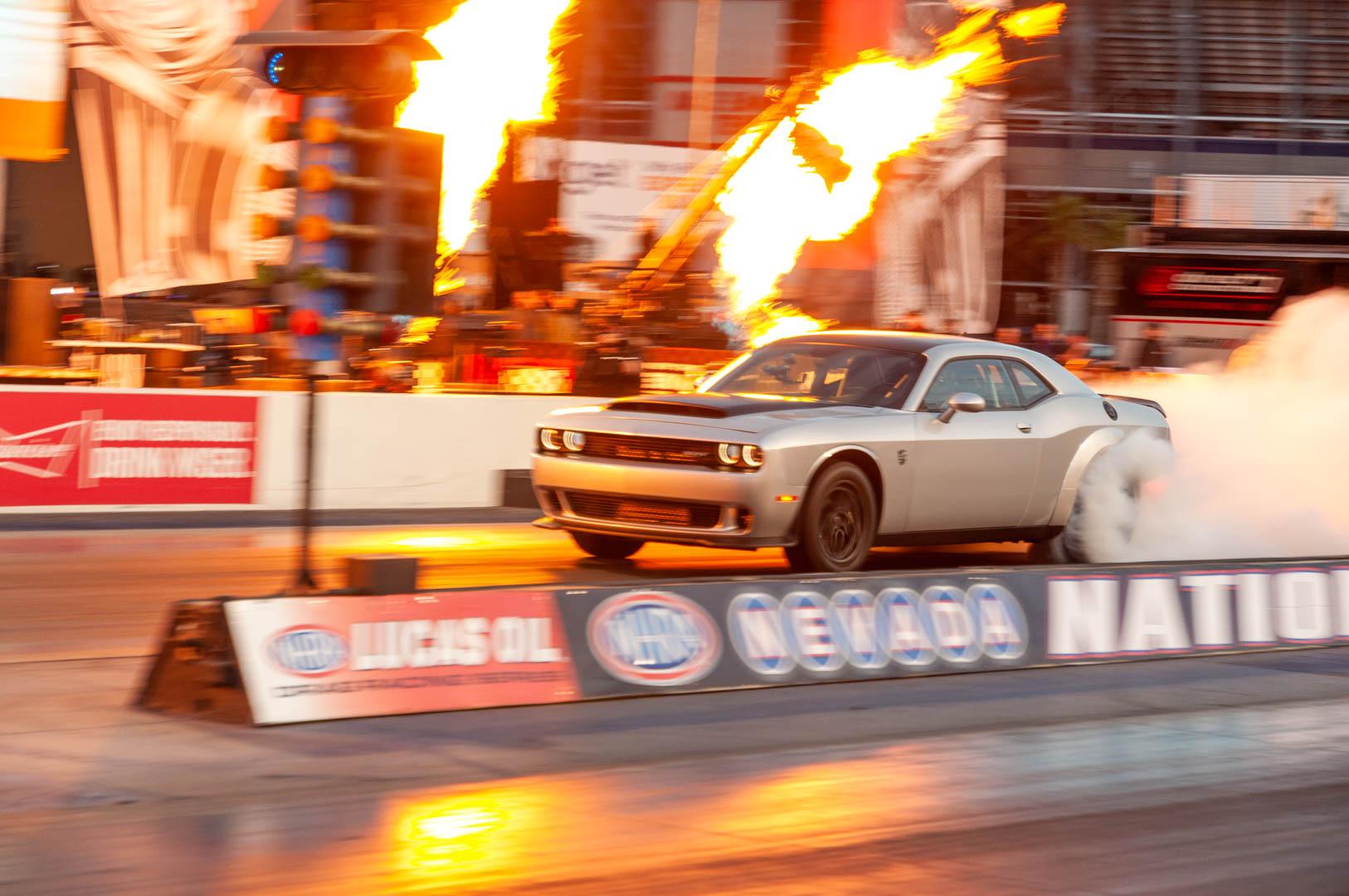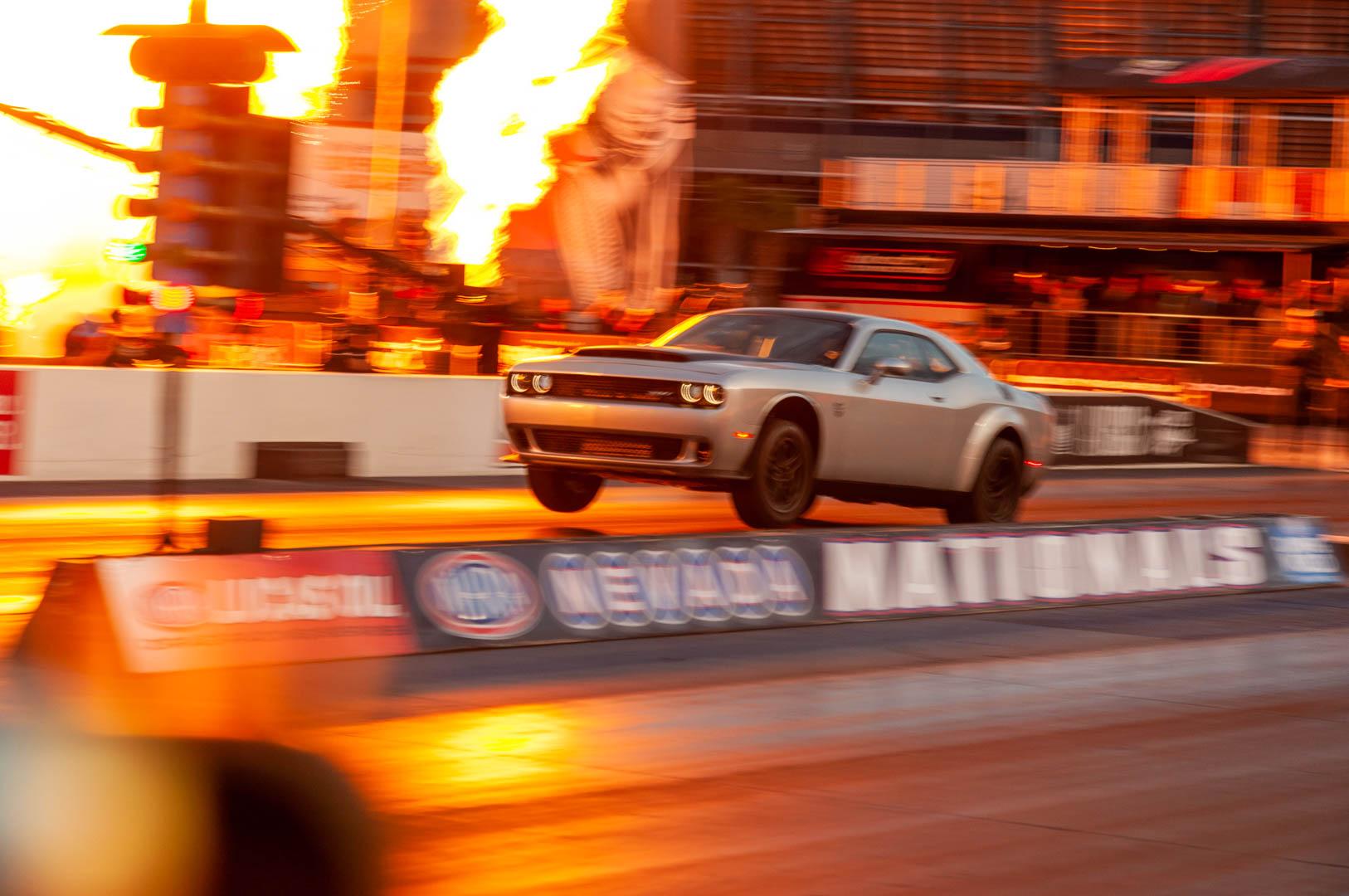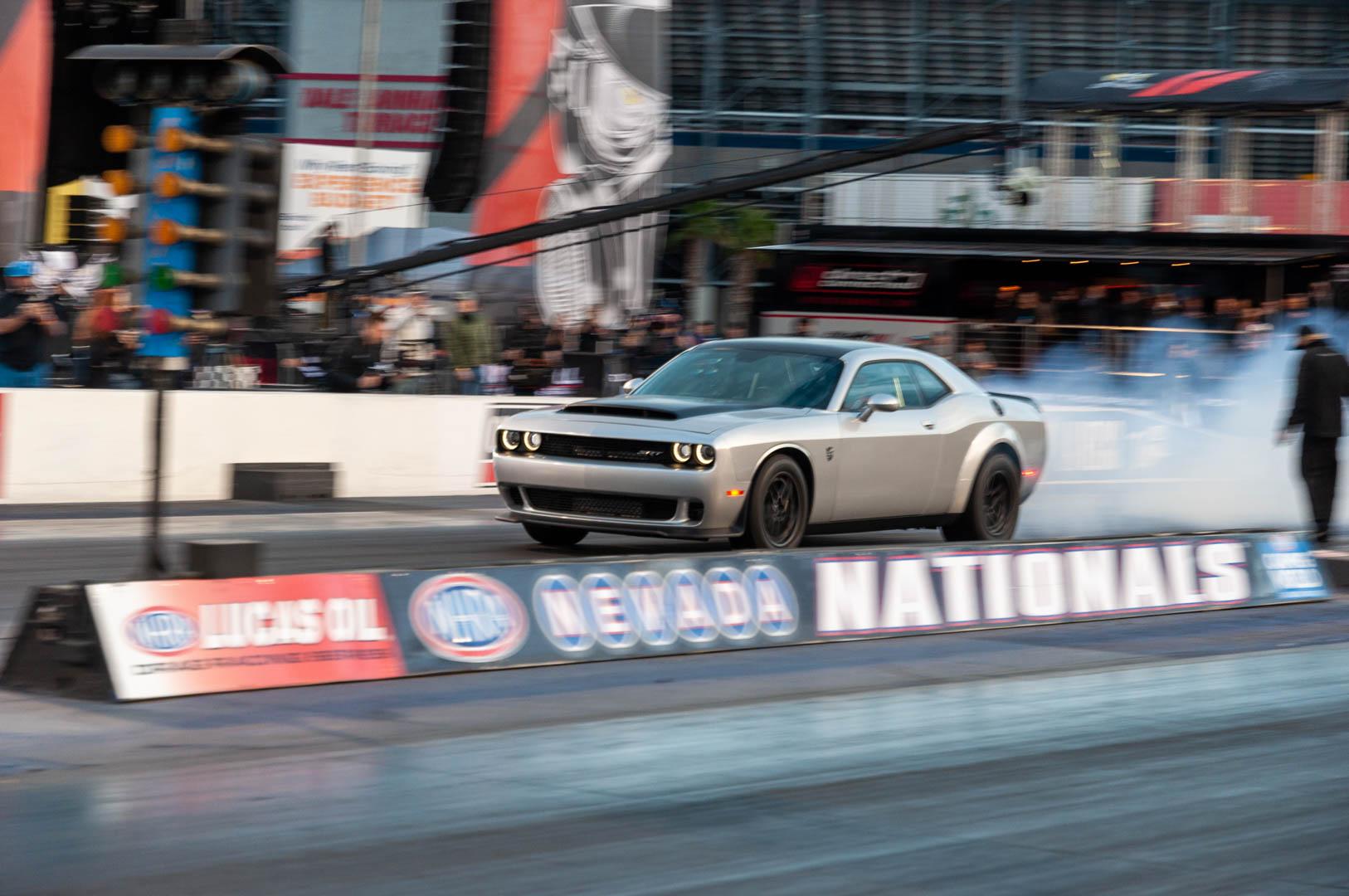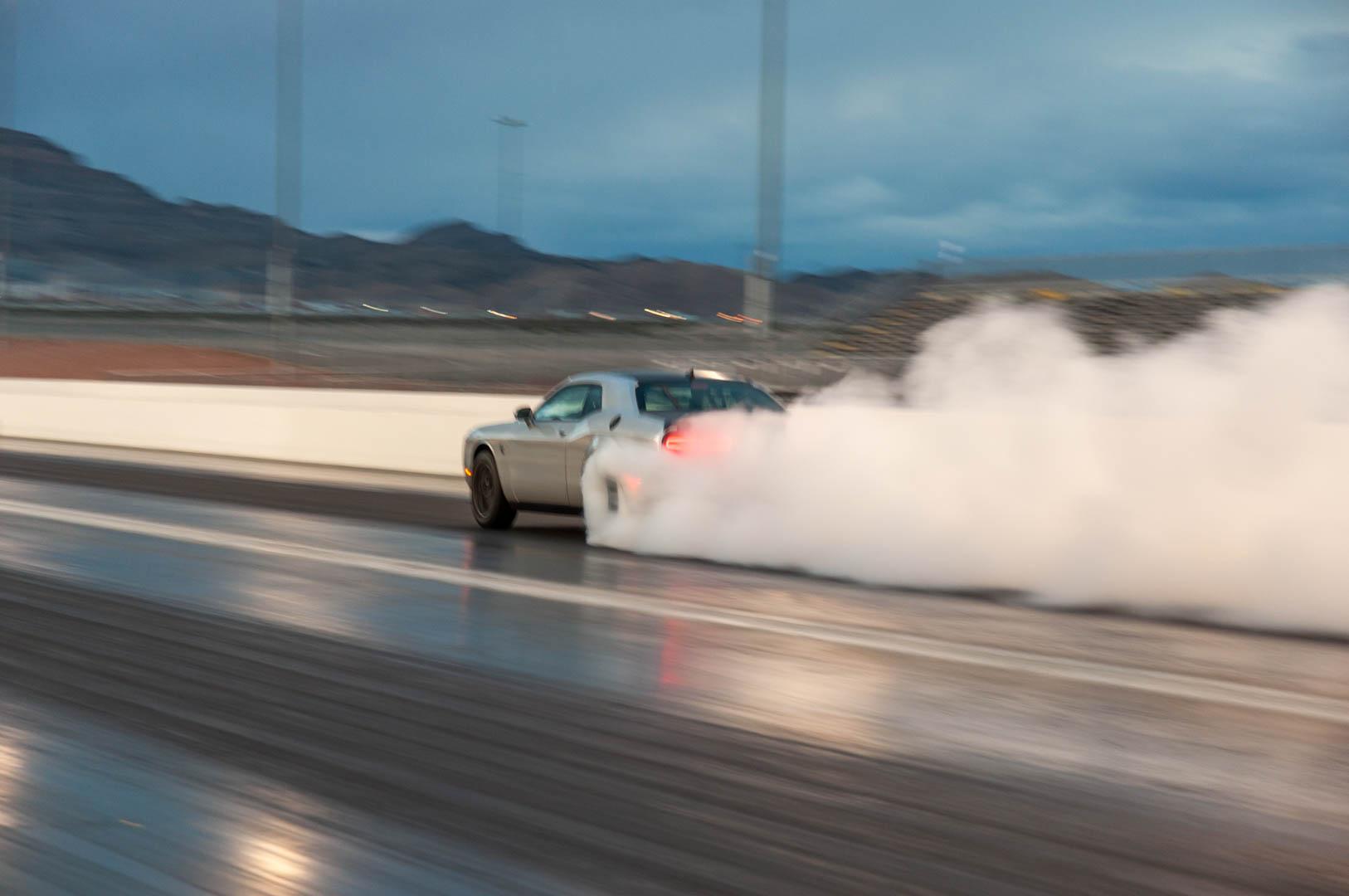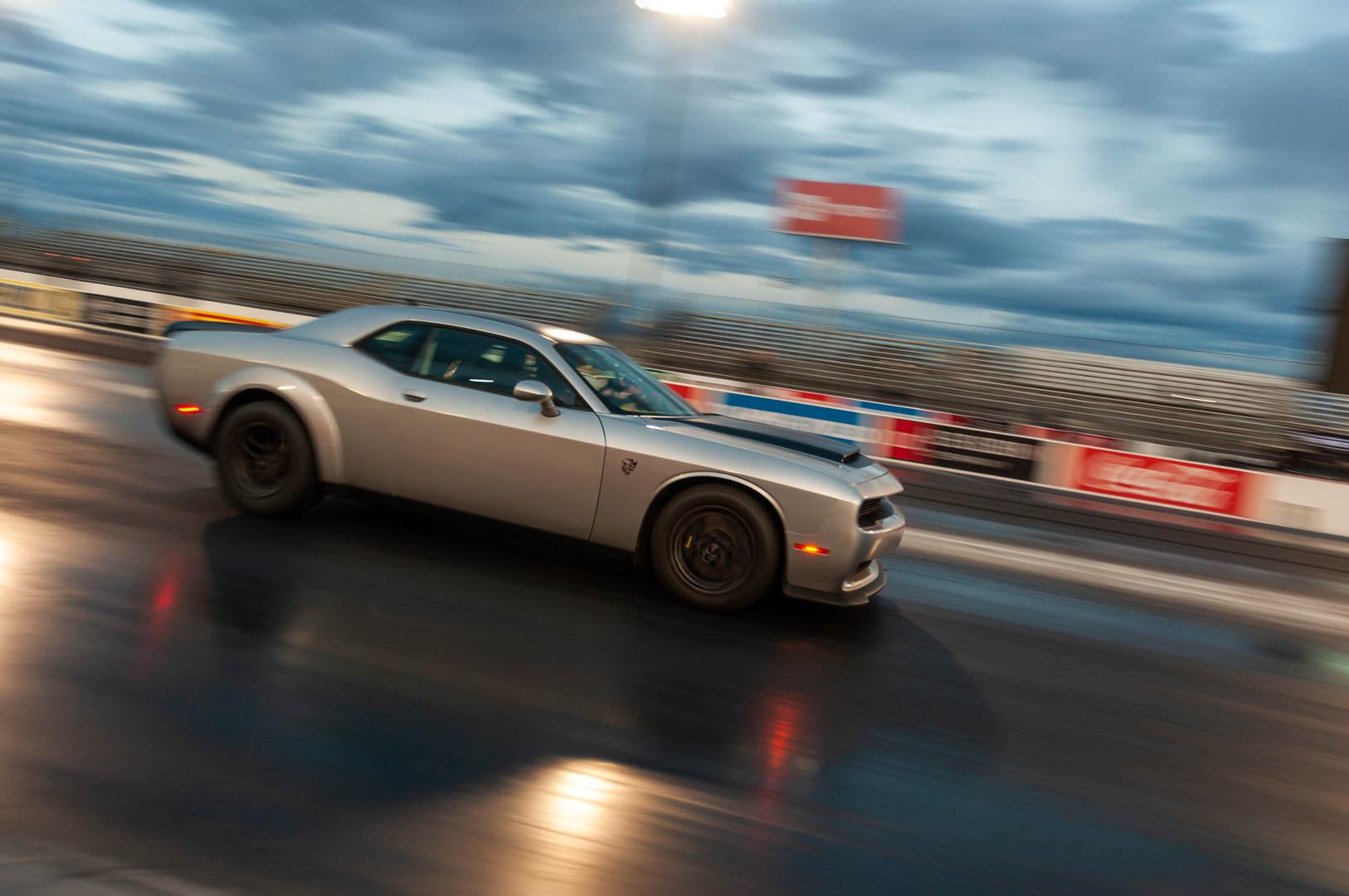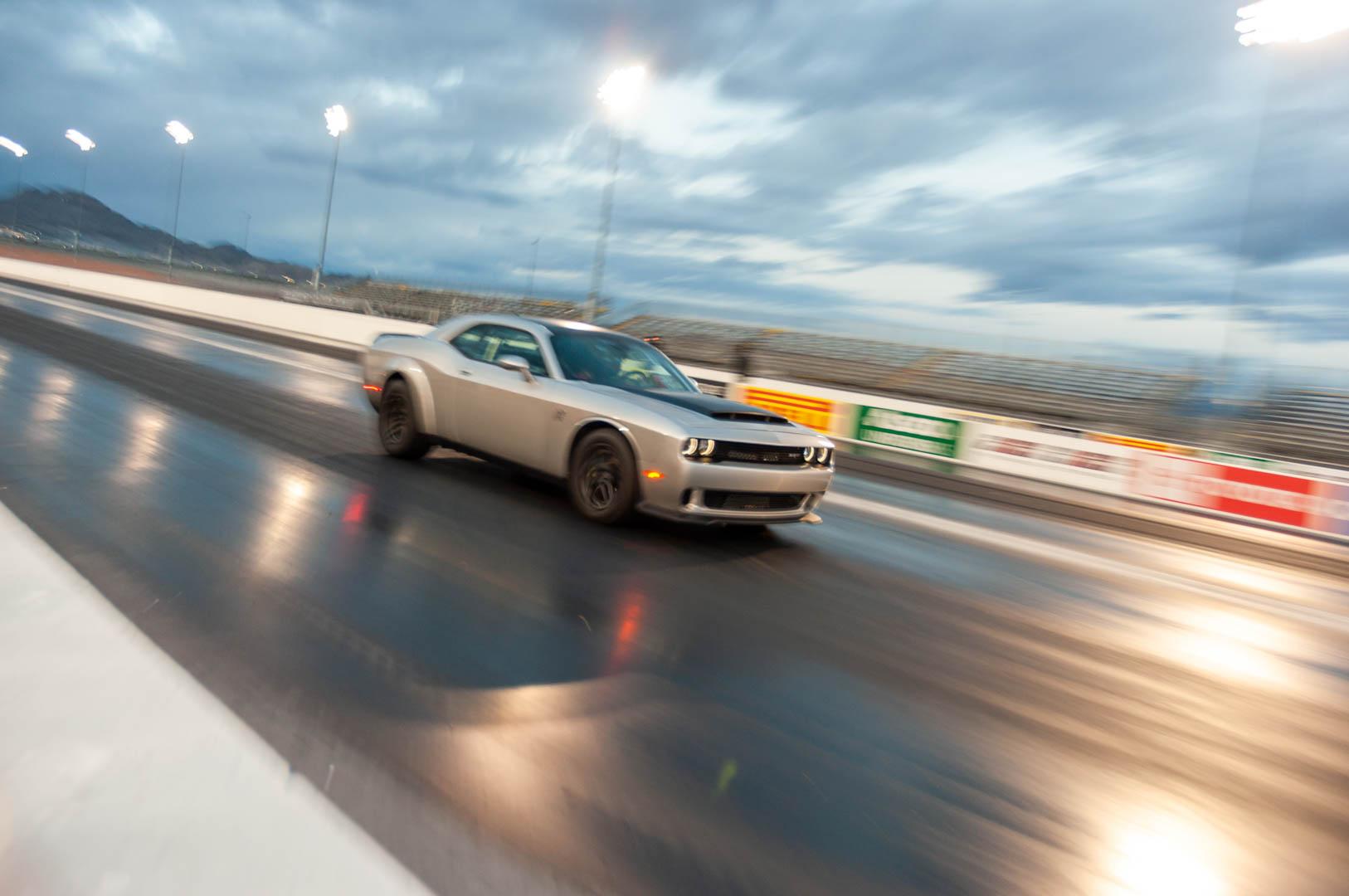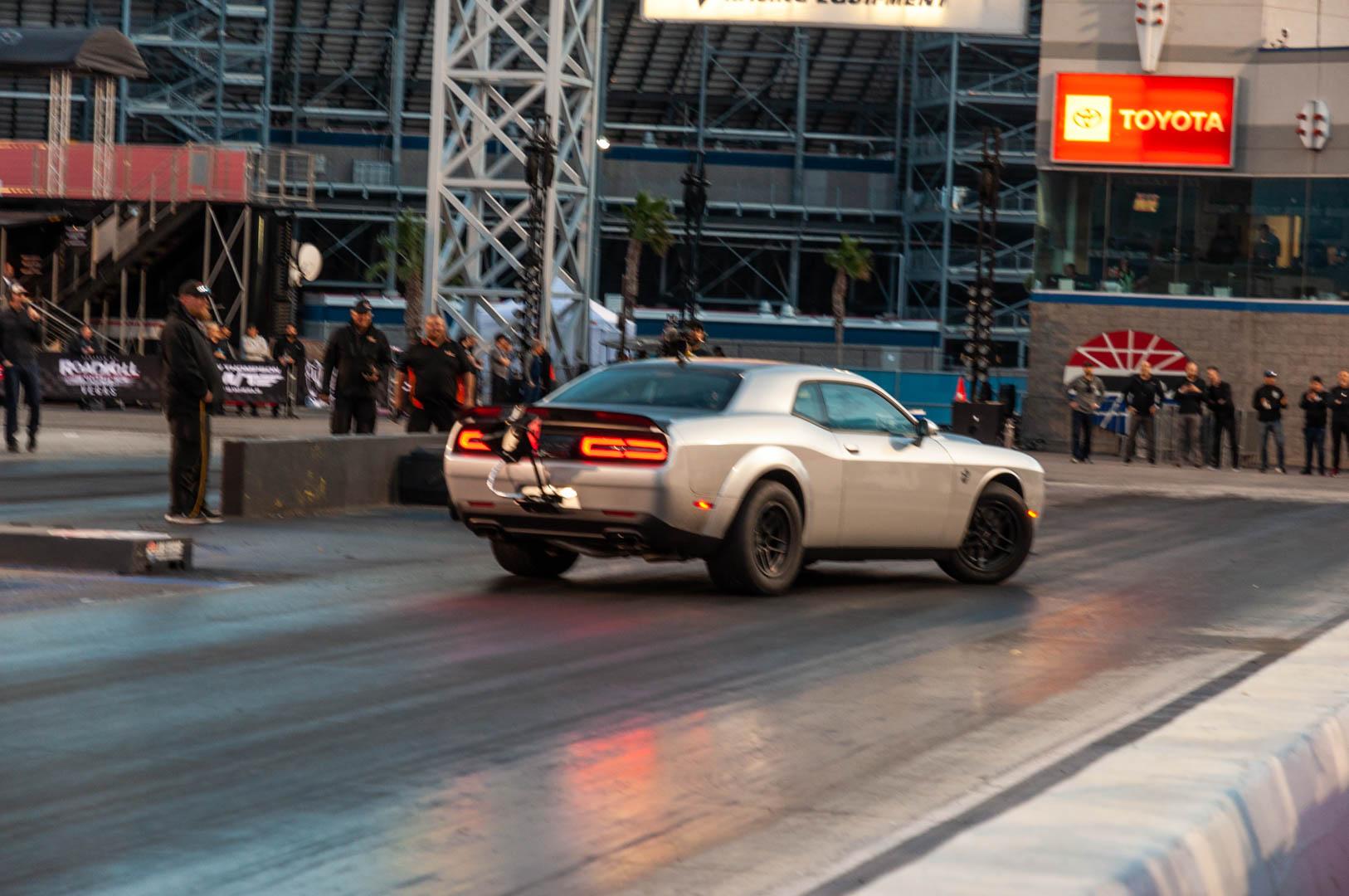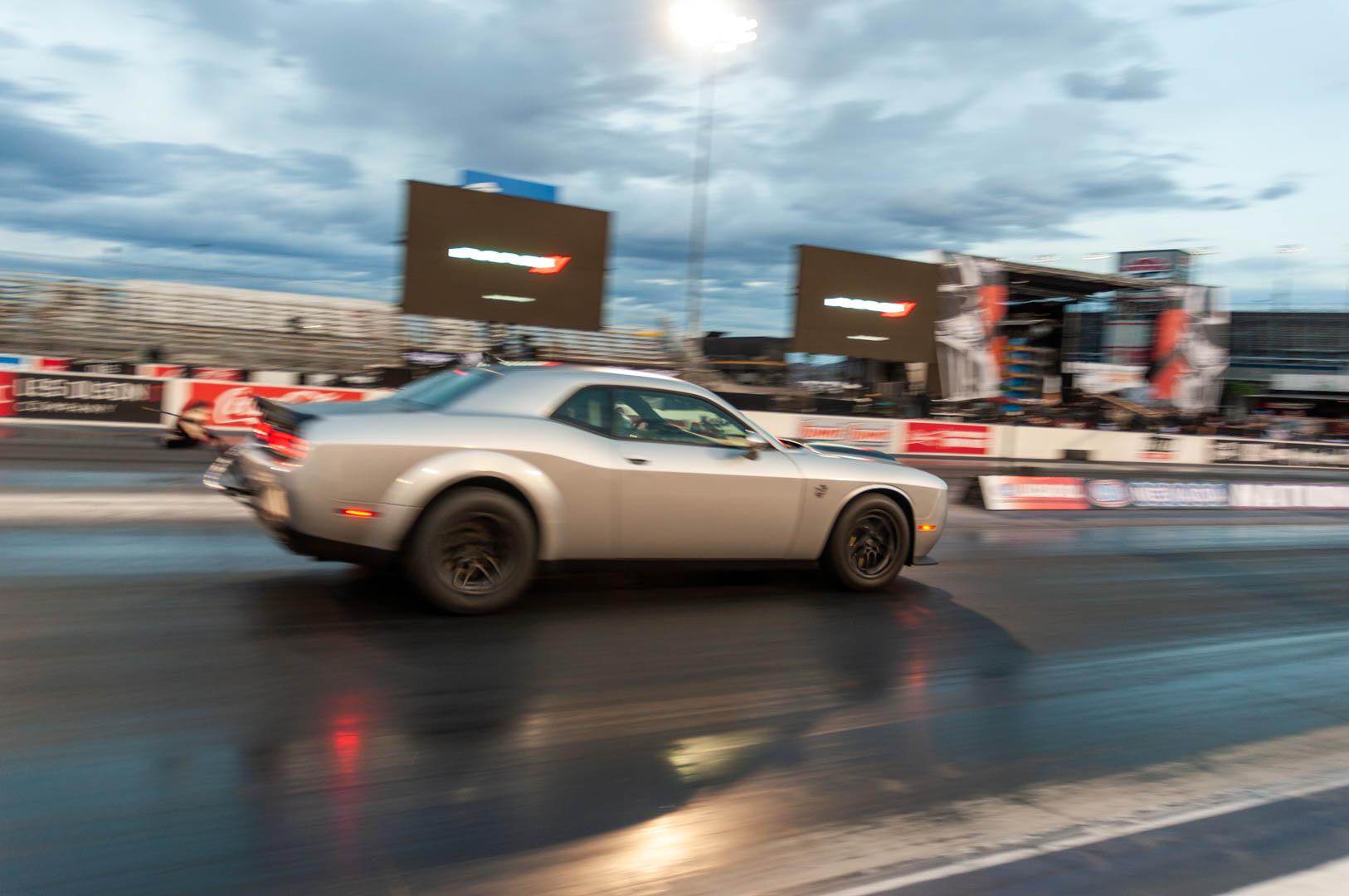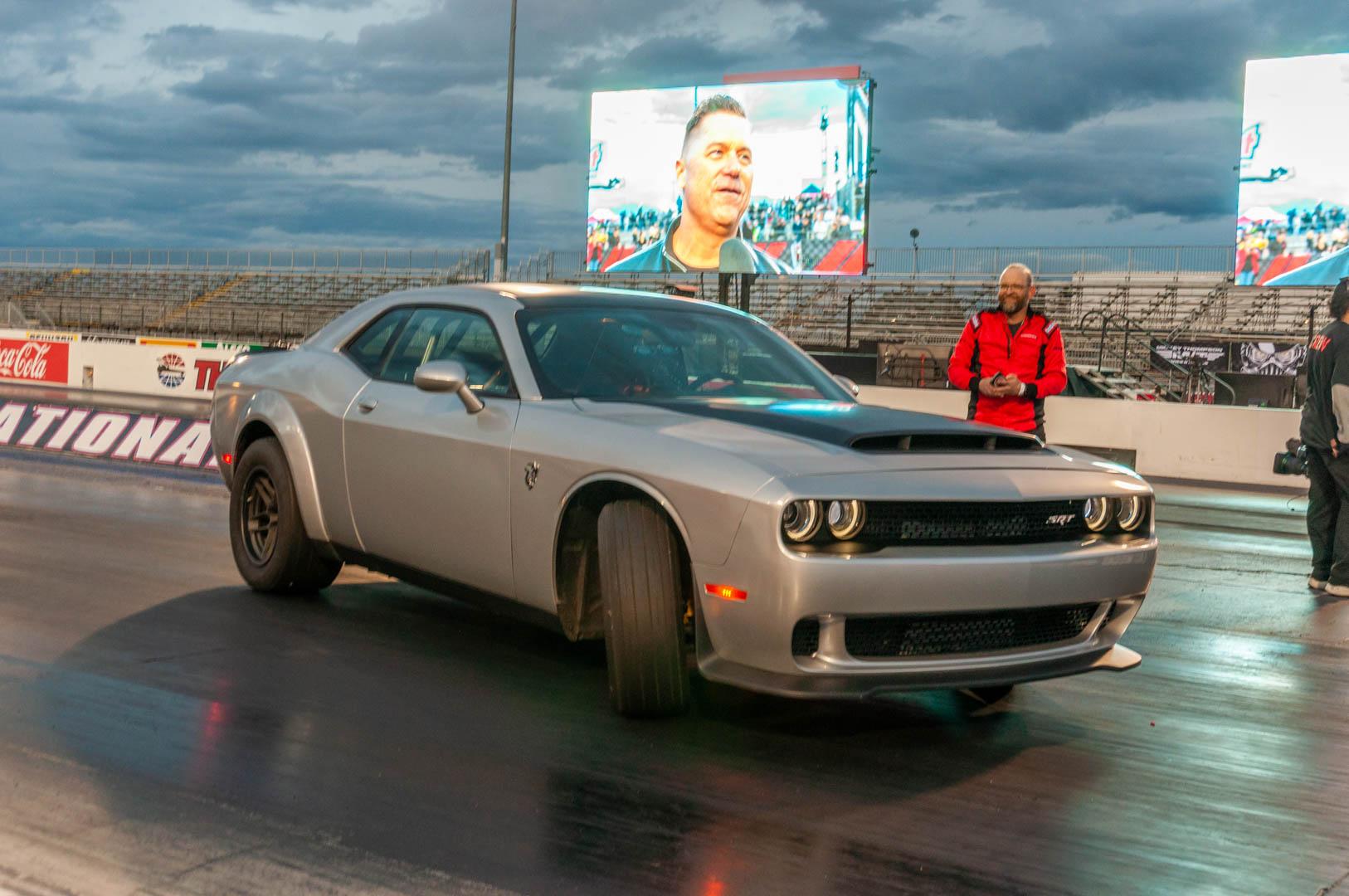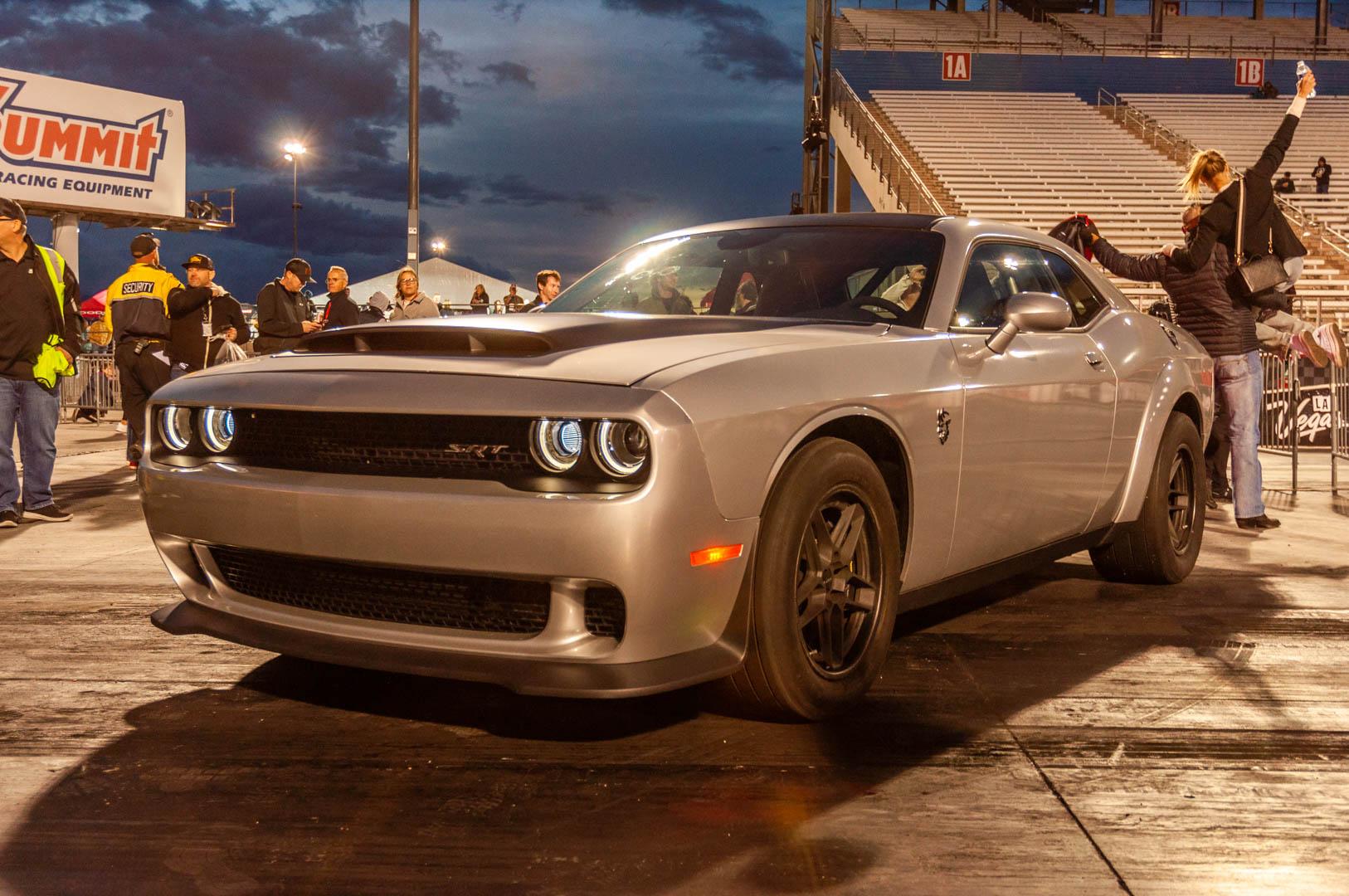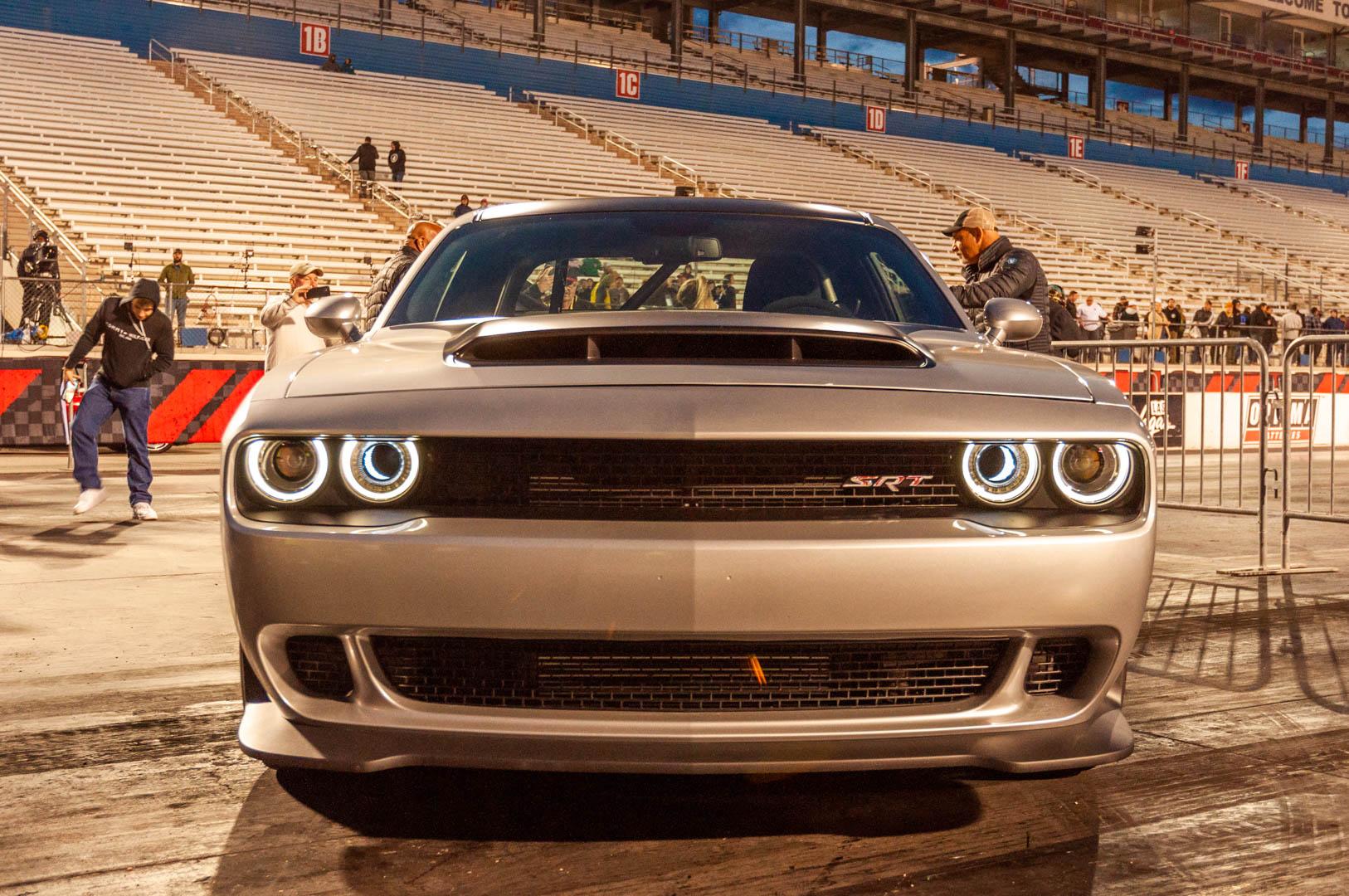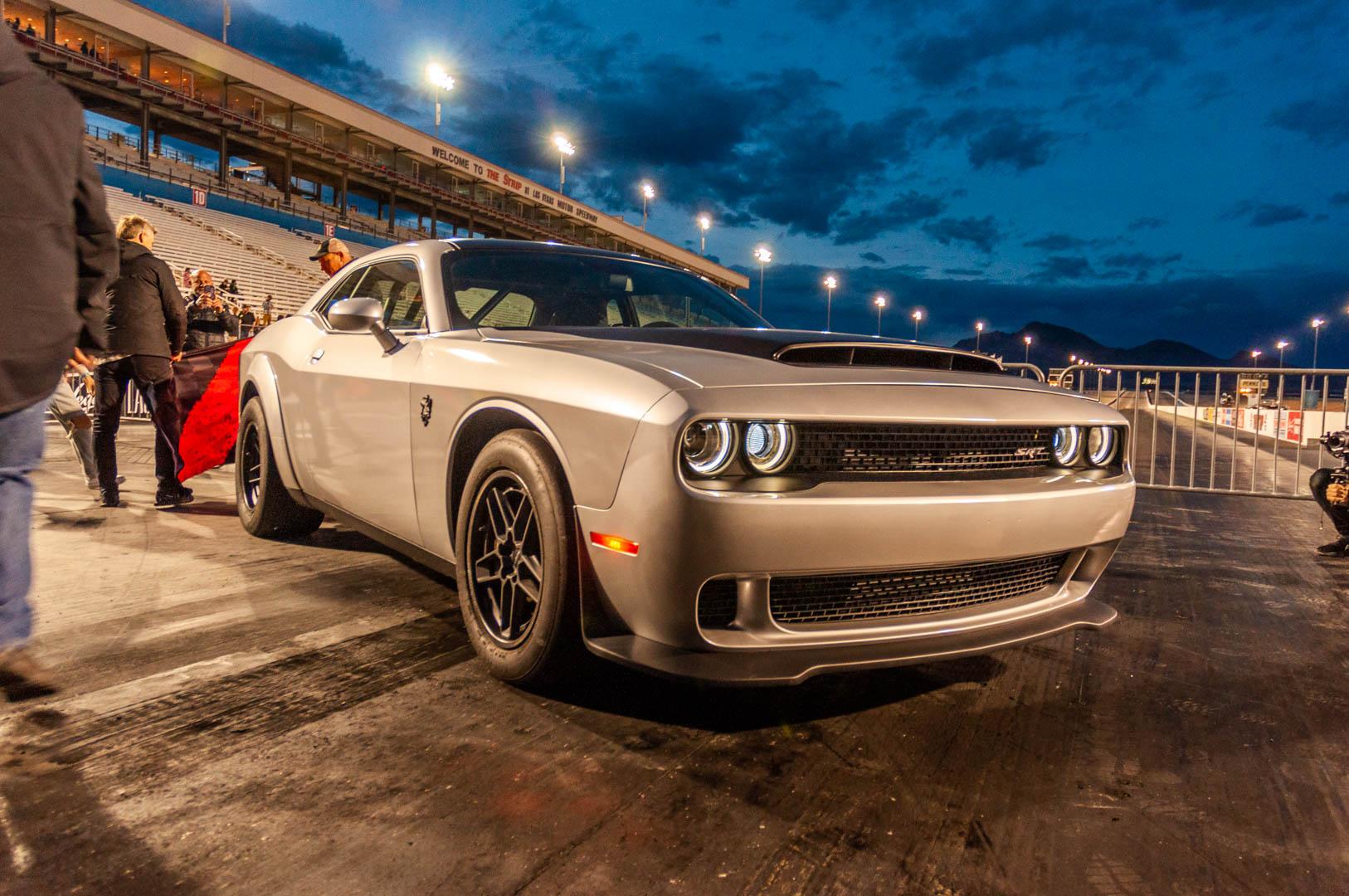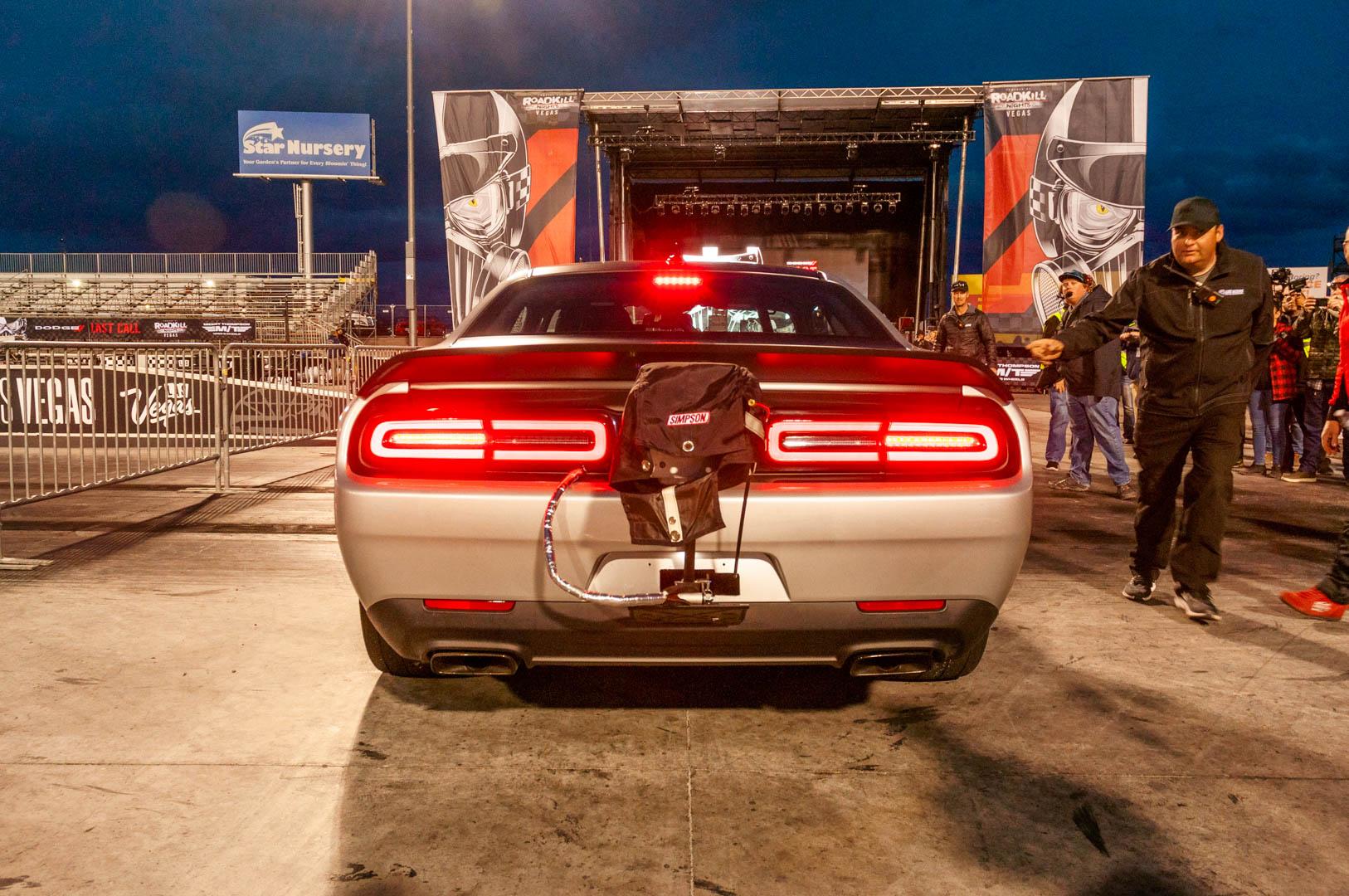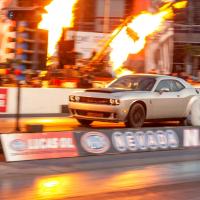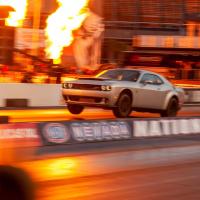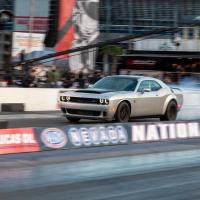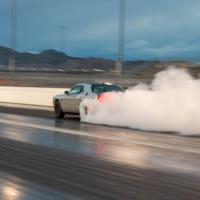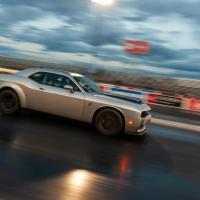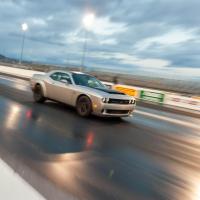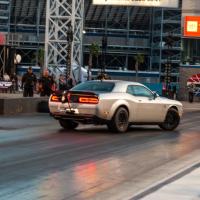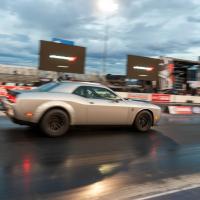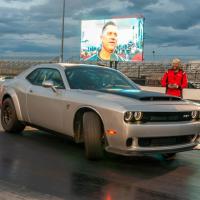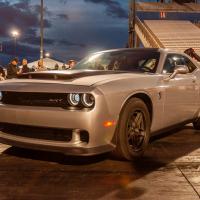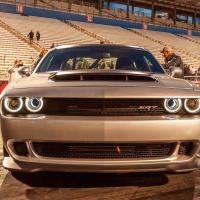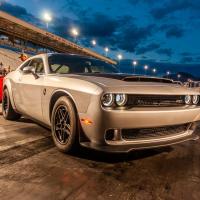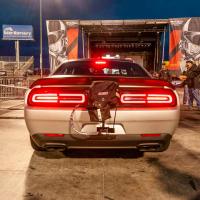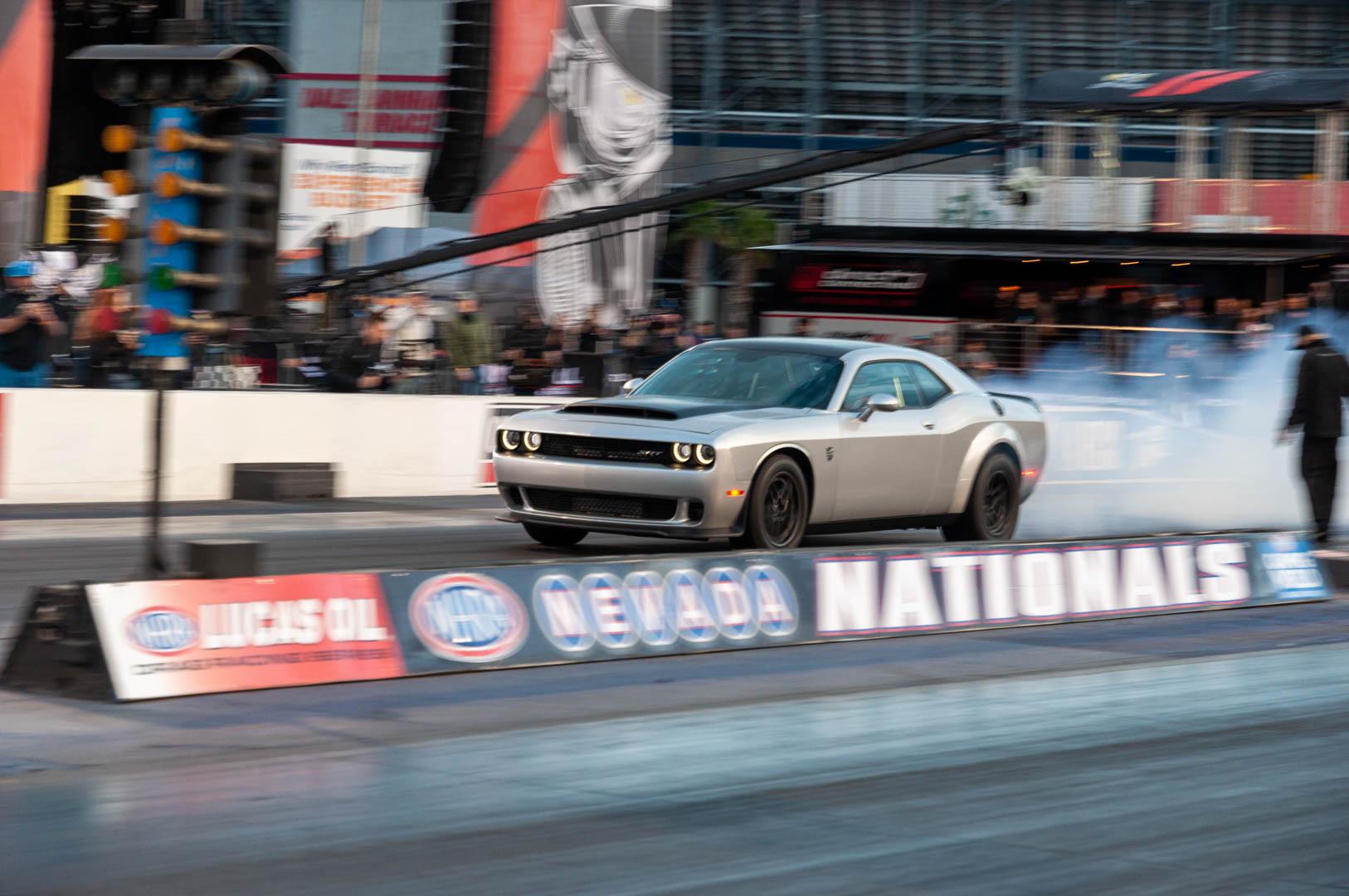
Demon 170 Performance Stats
The Demon 170 is a powerhouse. On E85 fuel, it delivers 1,025 horsepower and 945 lb-ft of torque. With premium fuel (E10), output drops to 900 hp and 810 lb-ft. Dodge's engine electronics automatically recalibrate for ethanol content, allowing flexible fuel use.
Acceleration is extreme: 0-60 mph in 1.66 seconds on a prepared surface, quarter-mile in 8.91 seconds at 151.17 mph, and a 60-foot time of 1.20 seconds. This makes the Demon 170 the fastest production muscle car available today.
For reference, the original Demon produced 840 hp on E85, ran the quarter-mile in 9.65 seconds, and reached a top speed of 140 mph.
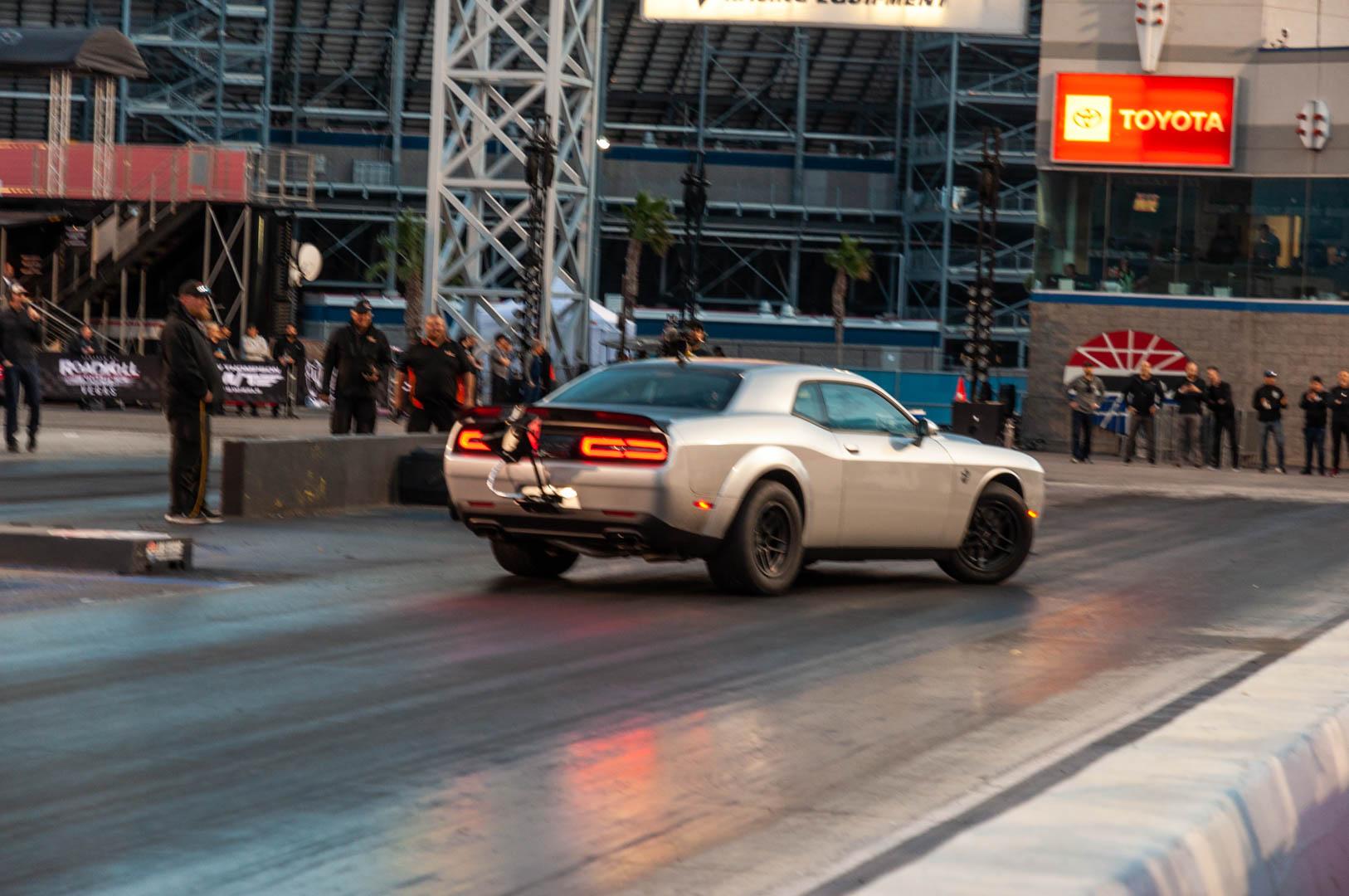
Engine Highlights
The Demon 170 is built from a heavily modified Challenger Demon engine. Only the camshaft, valve springs, and lifters remain from the original. Key upgrades include:
- 3.0-liter supercharger producing 21.3 psi (up from 2.8L)
- Reinforced 6.2-liter V8 block and cylinder heads rated for 2,500 psi on E85
- New pistons, rods, cranks, valve guides, billet main caps, and spark plugs
- Power Chiller system cooling the supercharger intake by up to 45°F
- High-flow fuel injectors moving 164 gallons/hour
- Strengthened 8-speed automatic transmission and rear differential
- Enhanced TransBrake 2.0 with customizable launch profiles
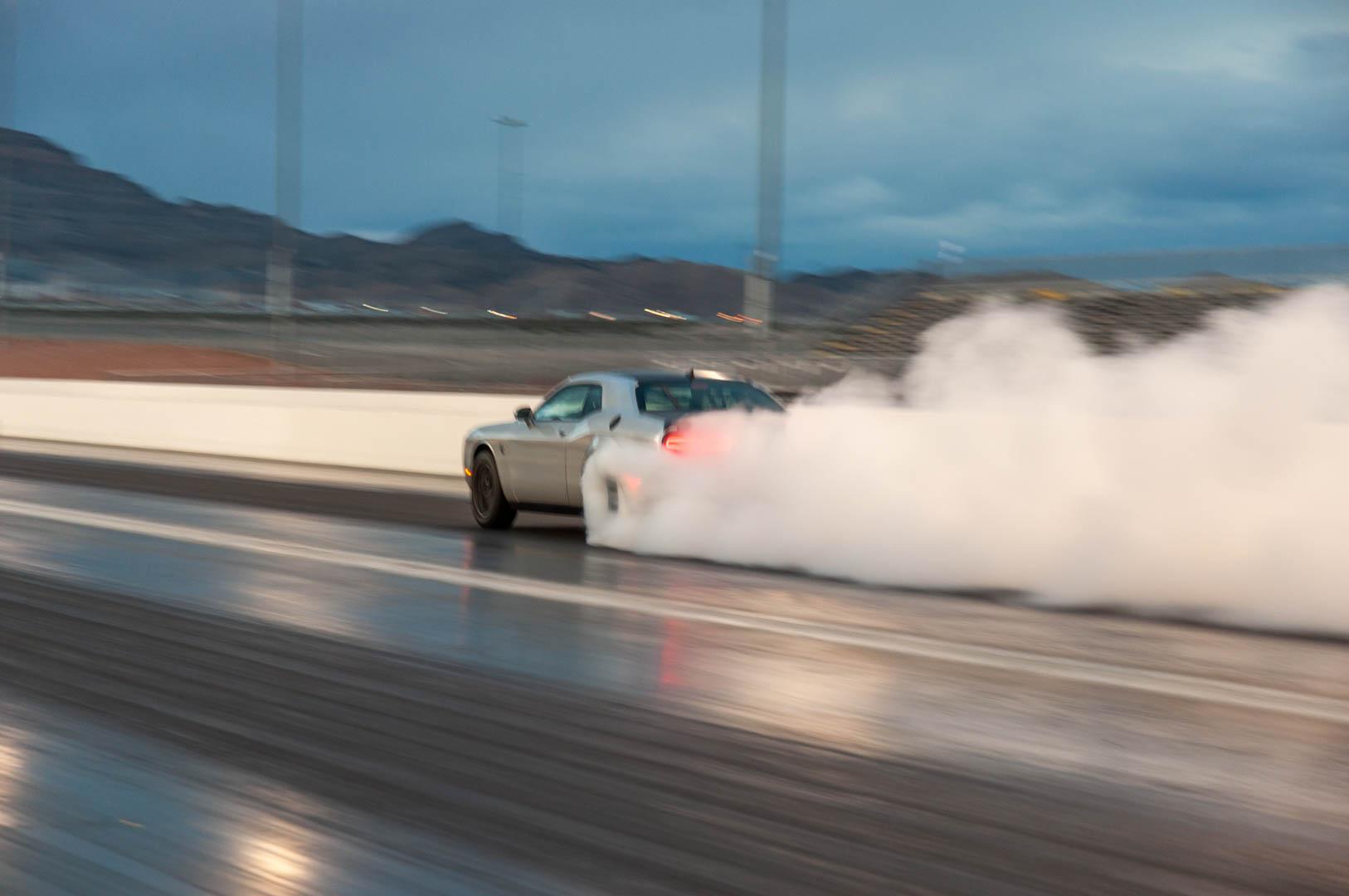
Suspension and Wheels
The Demon 170 suspension has been recalibrated for dragstrip performance. Key changes include stronger rear suspension, adaptive Bilstein shocks tuned for better traction, and wider rear camber for improved grip. Wheels and tires are street-legal, featuring:
- 18x8-inch front wheels with Mickey Thompson 245/55 ET tires
- 17x11-inch rear wheels with Mickey Thompson P315/50R ET Street R drag radials
- Enhanced grooves for on-street performance
The setup allows drivers to go from garage to drag strip and back without changing tires.
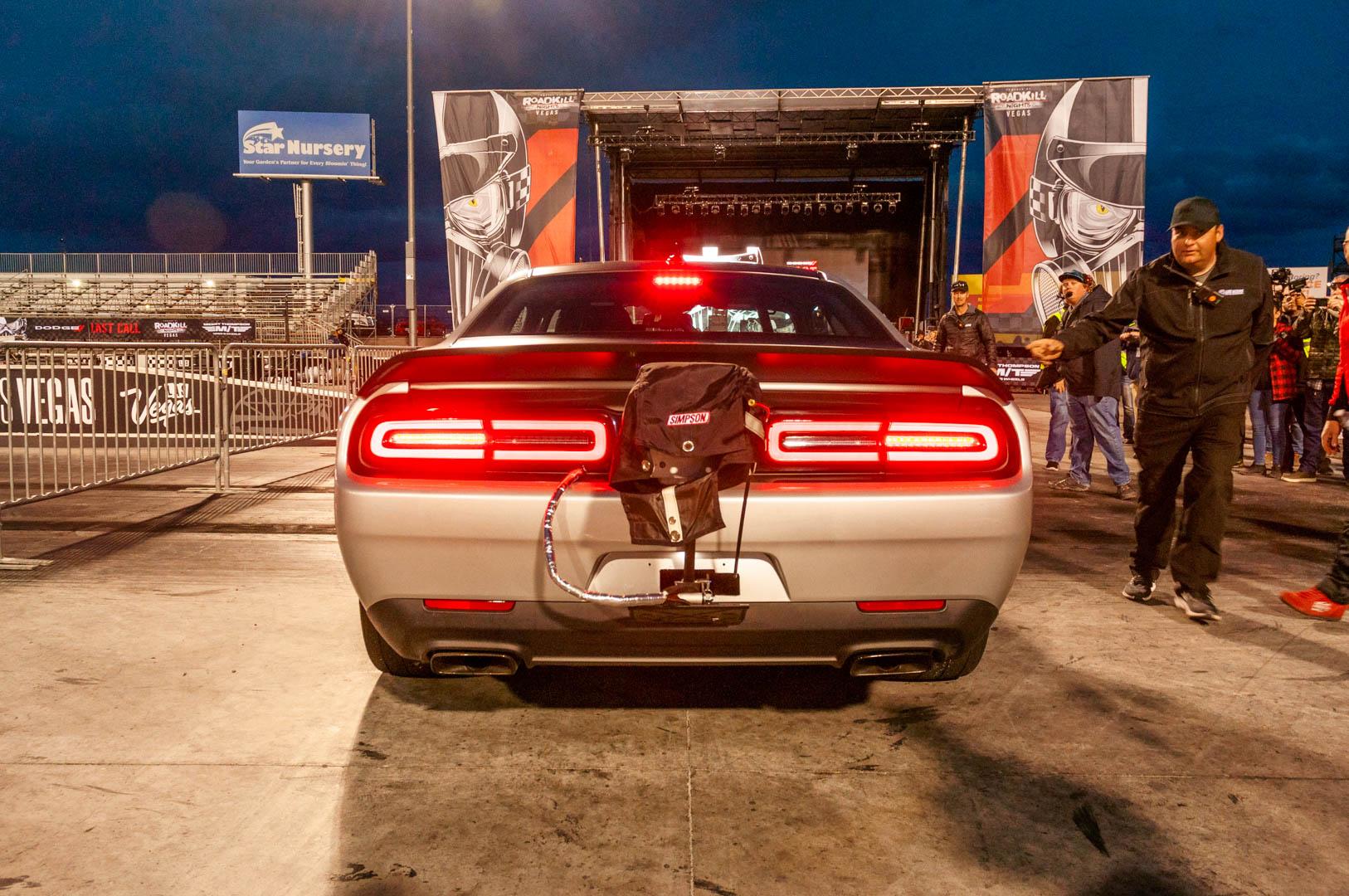
Weight and Design
Weighing around 4,275 pounds, the Demon 170 is just 25 pounds heavier than the original Demon. The widebody design retains rear flares and the air catcher hood. The interior is stripped down to reduce weight, featuring a single driver seat, minimal trim, and a Demon 170 dash plaque. Optional premium packages include leather seats, Harman Kardon audio, and even a sunroof.
Demon 170 Options
Dodge offers premium upgrades rather than inexpensive crate options. Buyers can add:
- Roll cage and parachute via Direct Connection for NHRA compliance
- CO2 bottle options for drag strip use
- Luxury interior upgrades such as leather seating and sound systems
Ordering Information
Orders are open from March 27 to May 15. Dealer markups are allowed, but orders at MSRP get priority build slots. Existing Demon owners can match VINs for collectible value. Production is limited to 3,000 units for the U.S. and 300 for Canada.
Final Thoughts
The 2023 Dodge Challenger SRT Demon 170 is a historic farewell to V8 muscle cars, combining over 1,000 horsepower, NHRA-certified performance, and limited production. It's the ultimate collector's muscle car and a testament to Dodge's commitment to raw power and performance.
As the automotive industry transitions toward electrification, vehicles like the Demon 170 represent the pinnacle of traditional American performance cars. For enthusiasts seeking to understand the broader context of high-performance vehicles, this Demon 170 stands as one of the most extreme examples of what's possible with internal combustion engineering.
The Demon 170's legacy will likely influence future performance car development, much like how current 2025 Dodge Charger concepts draw inspiration from this generation of supercharged monsters.
